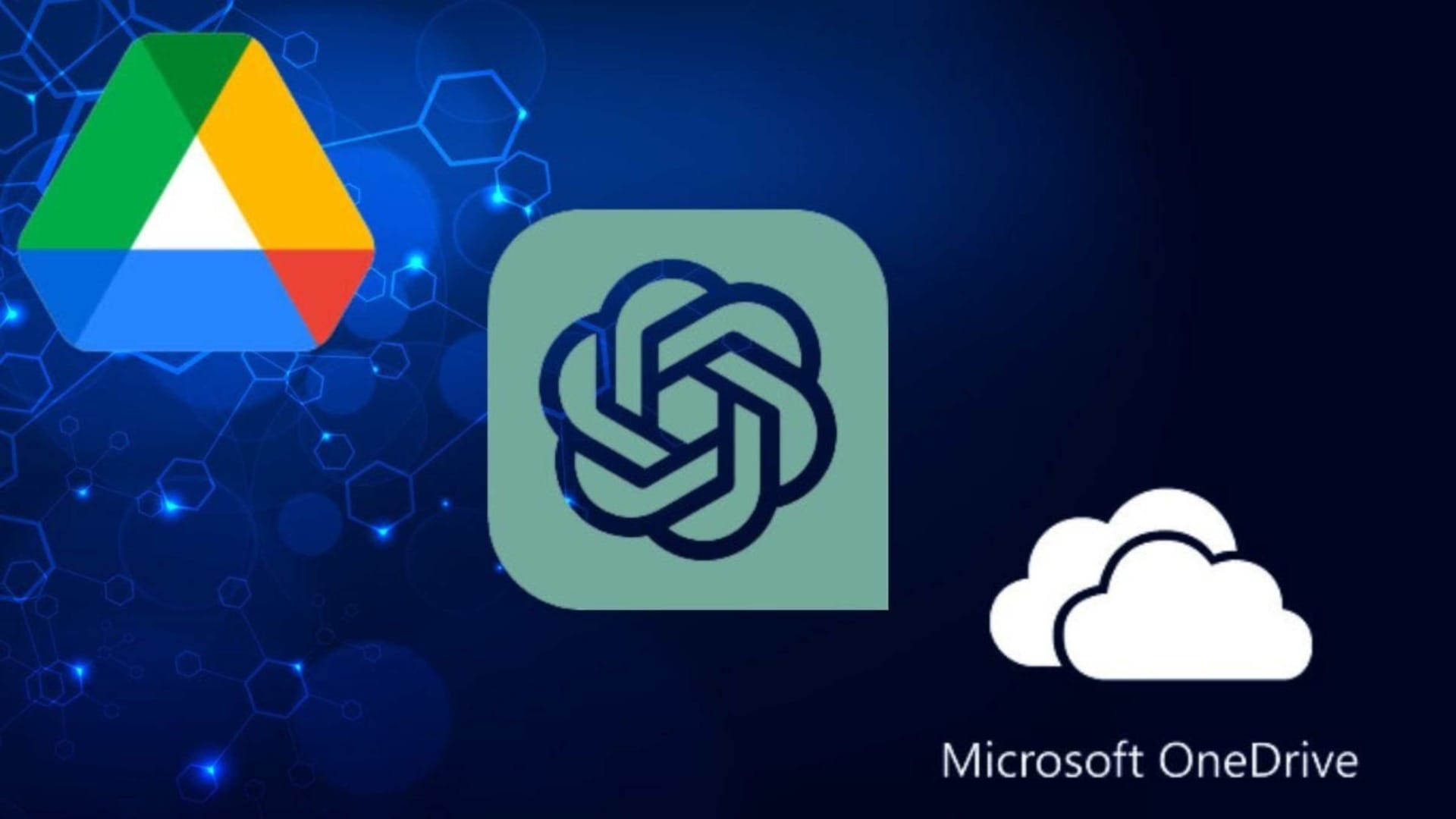ChatGPT now supports direct uploads from Google Drive and OneDrive
OpenAI rolls out a new ChatGPT feature allowing direct file uploads from Google Drive and OneDrive, enhancing data analysis and interaction capabilities.

OpenAI has introduced a new feature for ChatGPT that allows users to directly upload files from Google Drive and OneDrive, streamlining the process of data analysis without the need to download and re-upload files. This update is set to roll out to ChatGPT Plus, Enterprise, and Teams subscribers over the coming weeks.
The new integration enables ChatGPT users to grant access to their Google Drive or OneDrive accounts, allowing the AI to analyse documents such as Excel, Word, PowerPoint, and their Google equivalents more swiftly. OpenAI’s recent blog post details that this feature aims to enhance the user experience by simplifying how data is imported into ChatGPT.
Advanced analytics and customisation
Alongside the integration, OpenAI has upgraded ChatGPT’s capability to understand datasets based on natural language instructions. Users can now request the AI to execute Python code for data analytics, merge or clean datasets, and even generate charts directly from the information contained in the files.
ChatGPT has also improved interactivity with the data visualisations it creates. Users can manipulate tables and charts, such as expanding views or customising data presentations by altering colours or querying data points directly. The AI supports interactive visualisations, including bar, line, pie, and scatter plots, and can produce static versions for other types of charts.
Privacy and Data Use Assurance
In response to potential privacy concerns, OpenAI has reassured users that it will not use data uploaded by ChatGPT Enterprise and Teams for training AI models. Additionally, ChatGPT Plus subscribers have the option to opt out of AI training with their data, ensuring user control over personal and professional information.
This feature expansion enhances ChatGPT’s functional capabilities and aligns with OpenAI’s commitment to user-centric innovation and privacy.
















